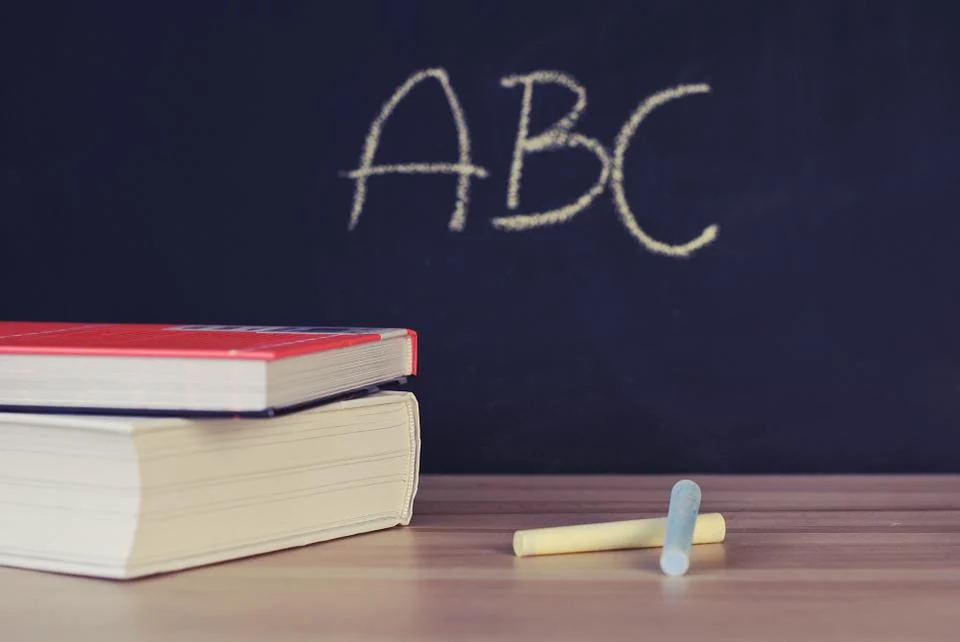With less than one week left until the June 20 deadline for Gov. Greg Abbott to sign bills into law, legislation originally intended to prohibit critical race theory from being taught in Texas public schools is still awaiting his signature.
House Bill 3979 by State Rep. Steve Toth (R–The Woodlands) was intended to equip Texas students with an understanding of the foundation of the United States and self-governance. The bill prevented teachers from utilizing controversial critical race theory, which has come under fire from conservatives as a Marxist ideology.
Though the bill prohibits teaching that one race or sex is inherently superior to another, as well as banning the use of the controversial 1619 Project that teaches that the United States was truly founded on the advent of slavery, some additions to the bill have raised concerns amongst conservatives.
When it was passed out of the House in early May, the legislation was watered down with Democrat amendments. For example, one amendment required the teaching of “the history of white supremacy.” Another amendment added the United Nations’ Declaration of Human Rights, as well as the life and work of Cesar Chavez.
And another requires teaching the history of the League of Latin American Citizens, a leftist political group that advocates for open borders.
When the bill passed the Texas Senate, however, the controversial Democrat amendments were stripped away.
When it returned to the House, Democrat State Rep. James Talarico (Round Rock) called a point of order on the bill, arguing the Senate’s changes were not germane to the bill. The bill was then sent back to the Senate, where they withdrew their changes, and sent the watered-down House version to the governor.
And that’s where the bill currently sits.
Abbott is likely to give his approval to the legislation, although it was curiously absent during a signing last week where Abbott signed House Bill 2497—creating the “1836 Project” curriculum which Abbott said “promotes patriotic education & ensures future generations understand TX values.”
Bills do not require the governor’s signature to go into effect. As long as bills are not vetoed, they can go into law without the governor’s signature.




